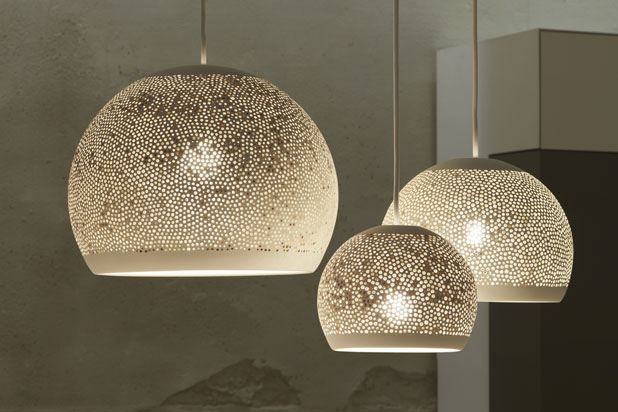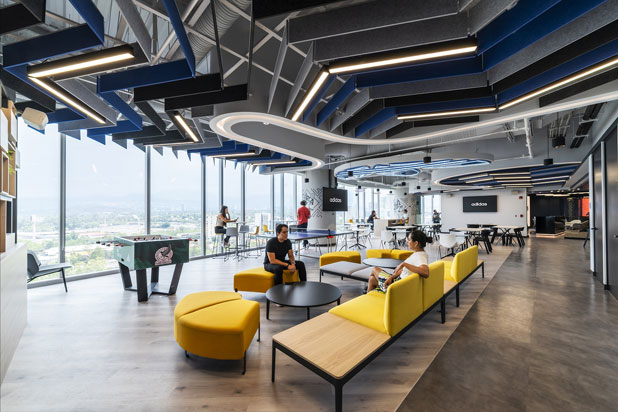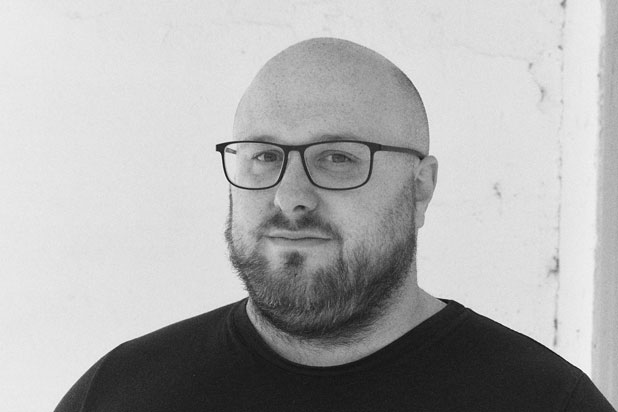
LUA lamp by Martín Azúa for Arturo Alvarez

FLOD stool by Azúamoliné for Mobles 114

HALO lamp by Martín Azúa for Vibia

RAMBLA chair by Martín Azúa for Mobles114

LIGHT CONTAINER –numbered collection-

SHOEMAKER chair and MANANTIAL

LUCO stools by Martín Azúa for Mobles 114

TECNORURAL chair by Azúamoliné

OM MANANTIAL armchair for Mobles114 –numbered collection-

SPIRAL carpet for nanimarquina –numbered collection-

MAGMA rug –numbered collection-

TREPITJADA rug for Camper –numbered collection-

DOLCE rug by Azúamoliné for nanimarquina

NEW MANANTIAL–numbered collection-

SUMMER KÀNTIR, a drinking vessel made of clay –numbered collection-

Fire Vase, produced in collaboration with ceramist Marc Vidal

REBOTIJO, a earthenware jug –numbered collection-

Set of 7 bowls designed by Azúamoliné for Ferrán Adrià

JARRON PIEDRA, a clay vase deformed by the weight of a stone

New vases with stone –numbered collection-

‘VESTIDO FLORERO’, a chinese base dress

‘LAMPARA JARRON’, vase lamps

TOTEM MORTEM mortar

FOOD LINE prototype designed by Martín Azúa for Orwood





























